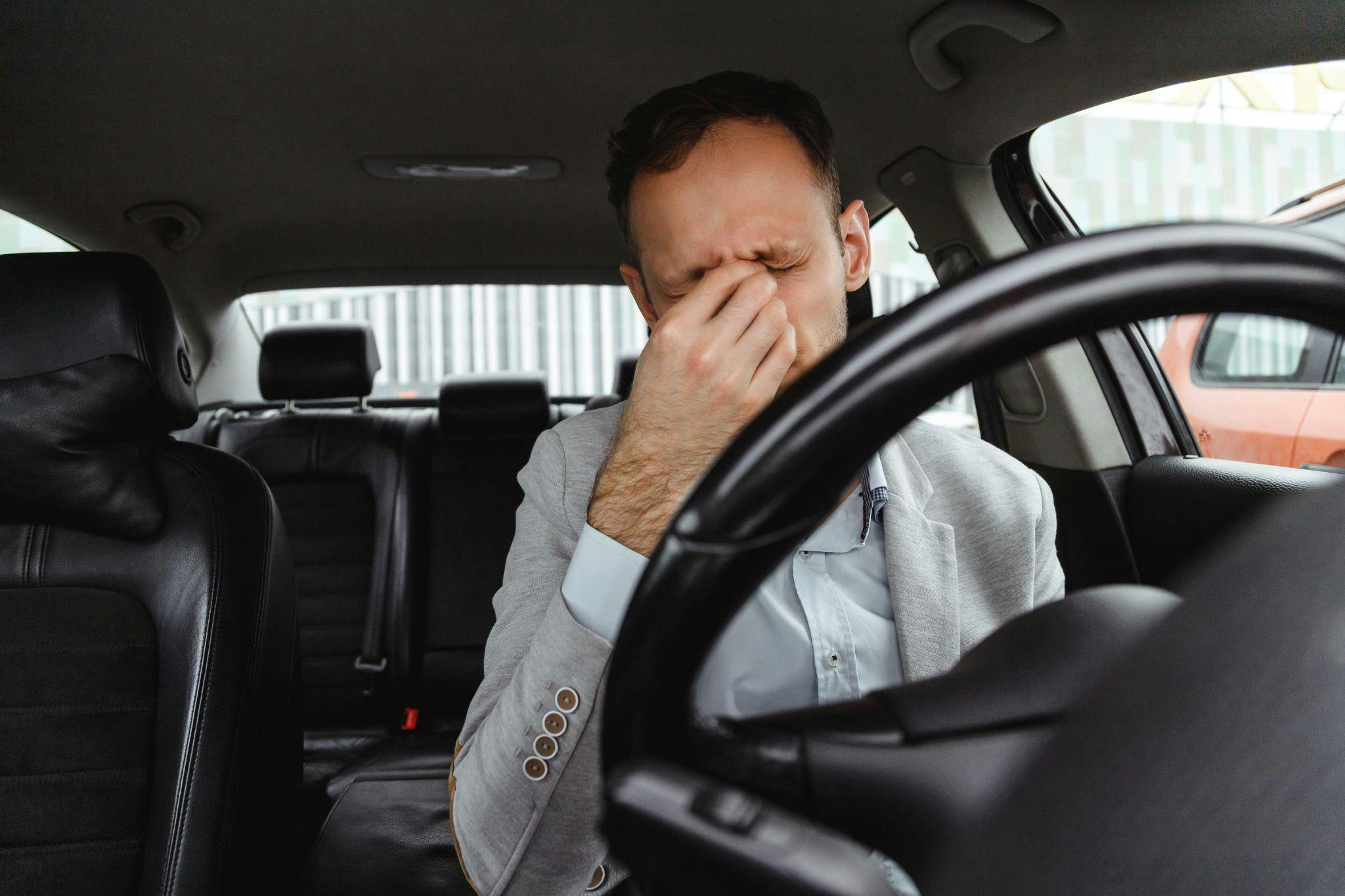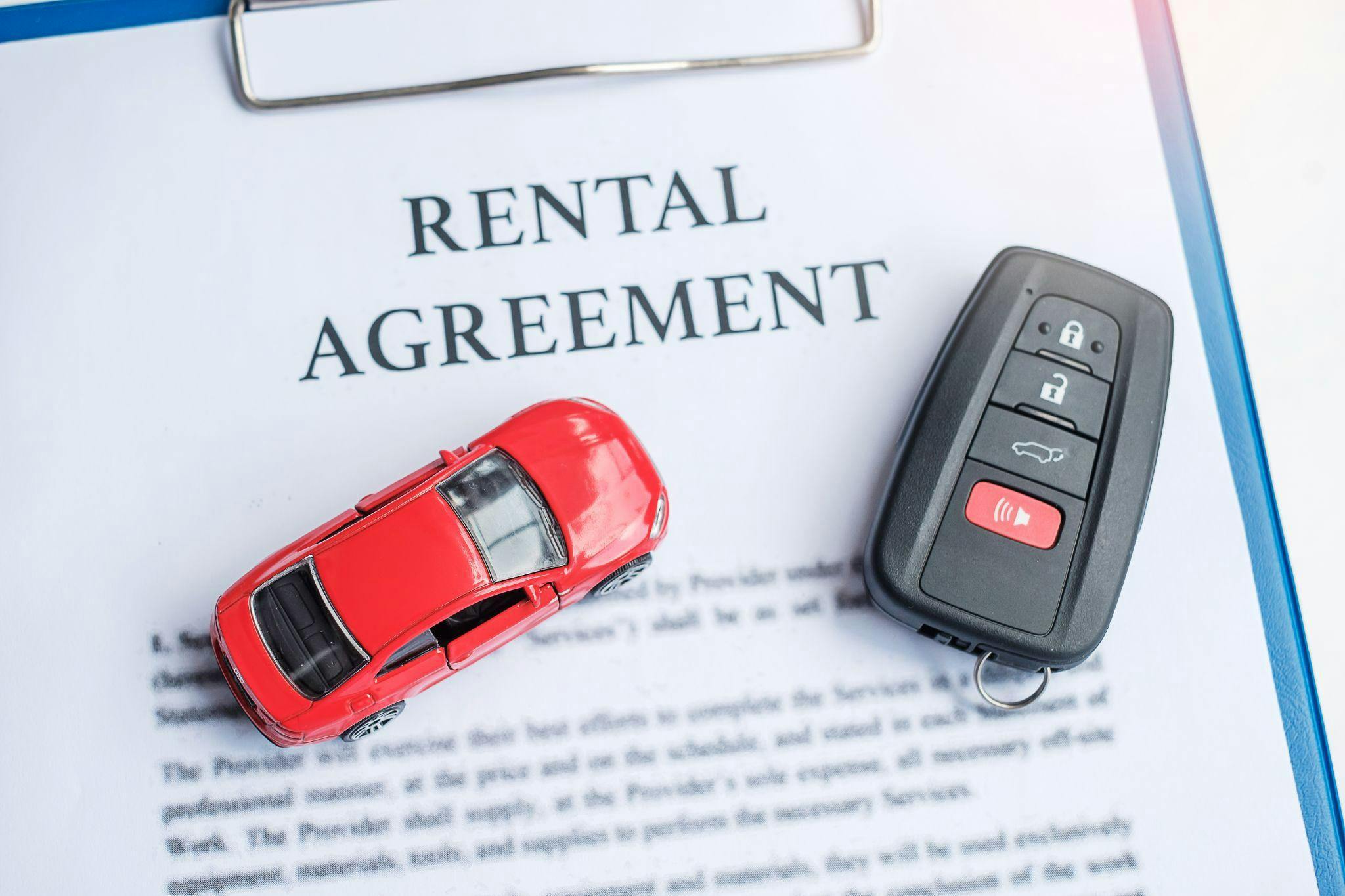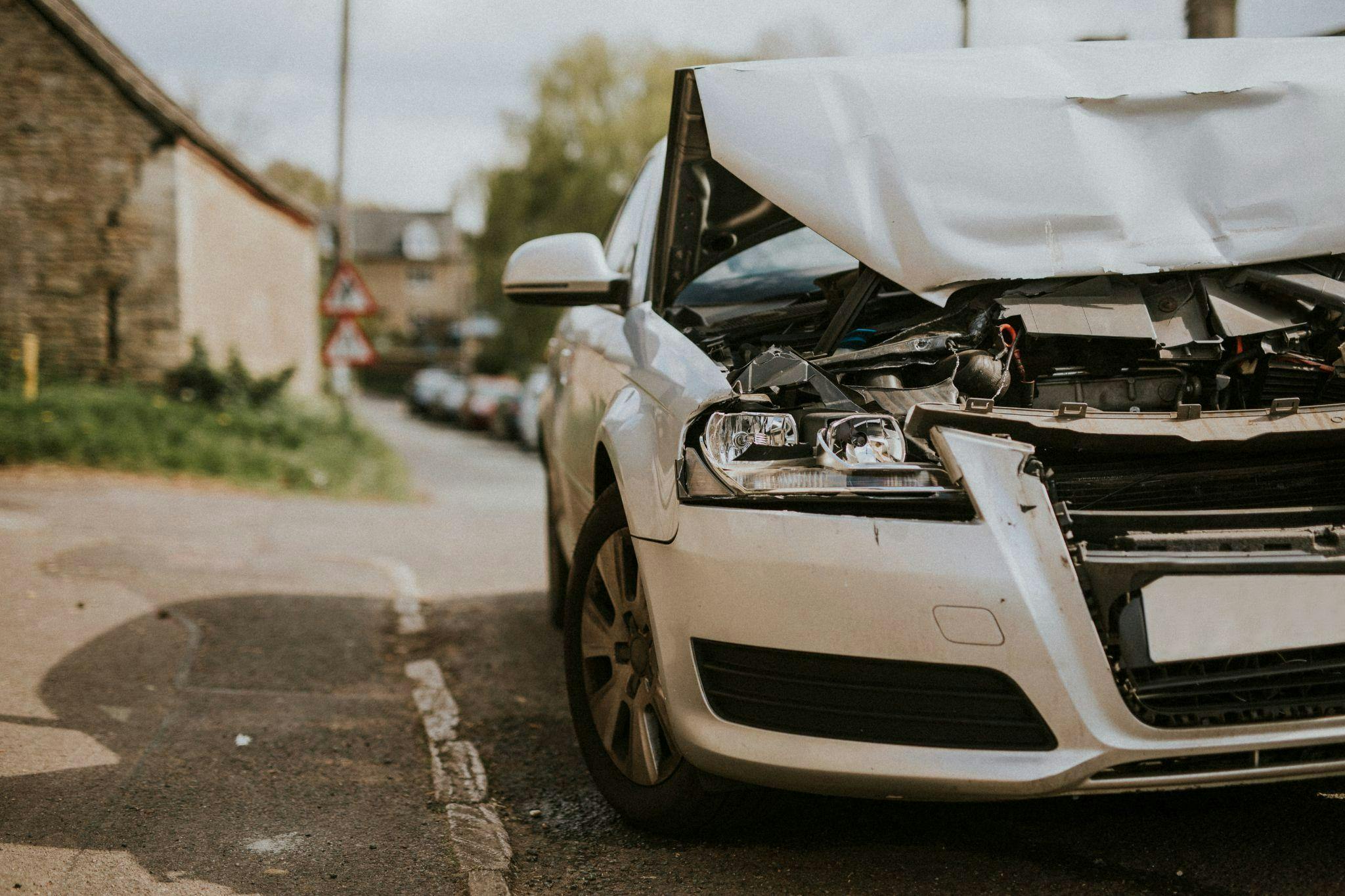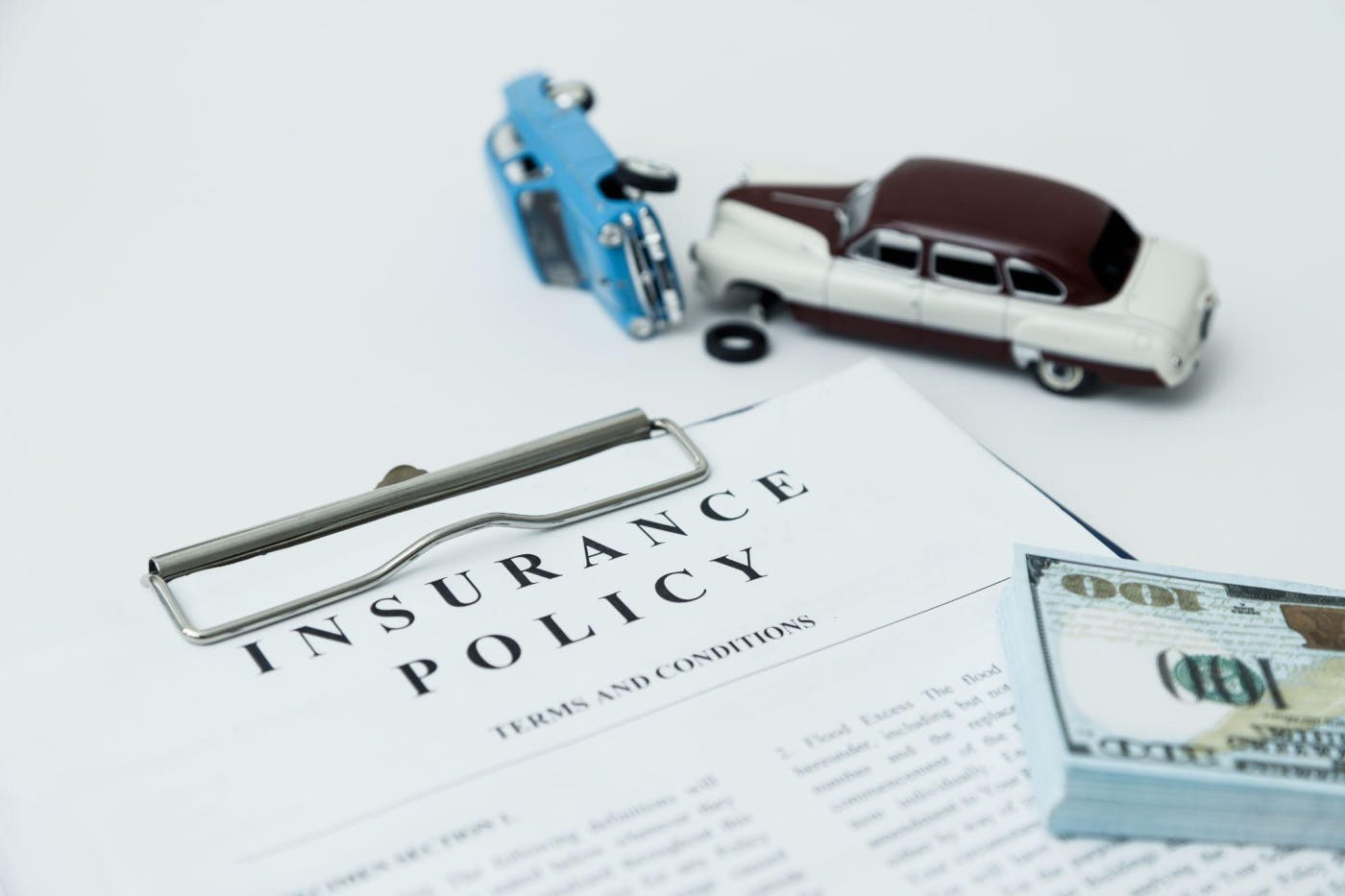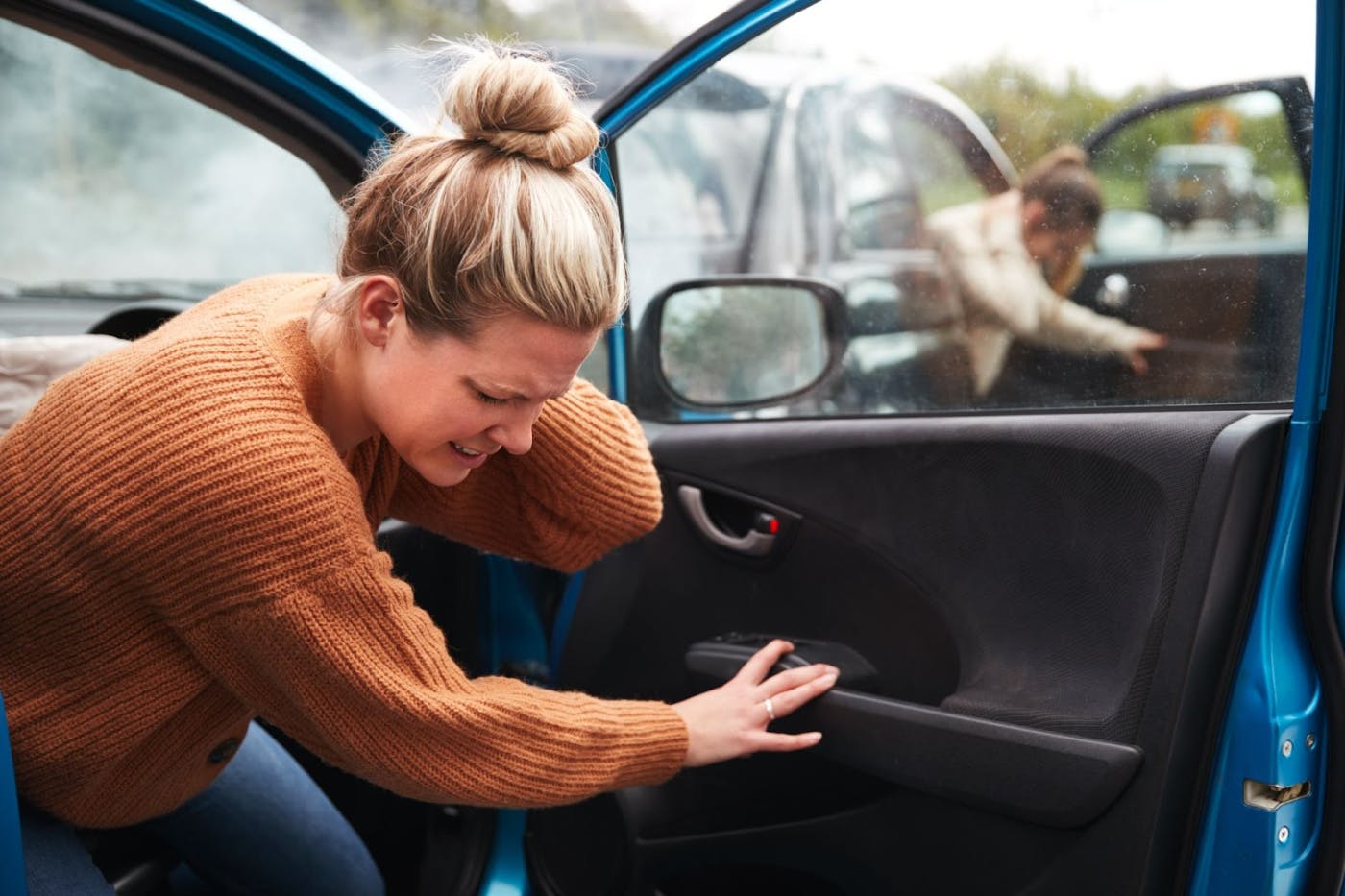Staying Cool Behind the Wheel: Tips for Managing Road Rage
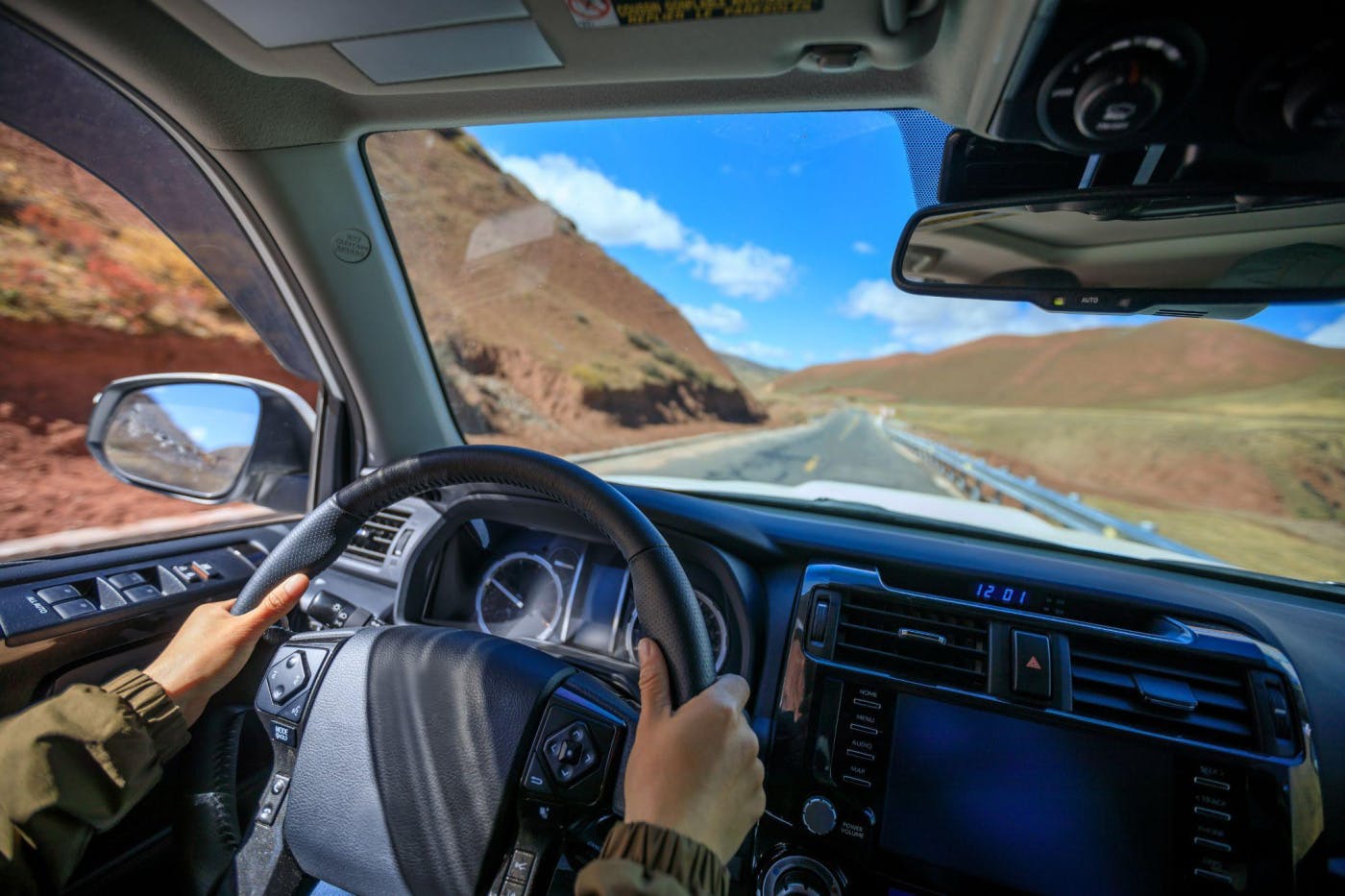
Road rage is a common struggle for many Minnesotans. It’s also dangerous. Left unchecked, road rage can distract drivers and even lead to violent confrontations.
To help you stay safer behind the wheel, here are some helpful tips for managing road rage.
Key Takeaways
- Road rage increases your chances of being involved in an accident.
- Staying calm, avoiding provocations, and planning ahead can help you combat road rage.
- Defensive driving techniques will help protect you from other drivers experiencing road rage.
The Dangers of Road Rage
Road rage poses a significant threat to everyone on the road – including the angry driver. When experiencing road rage, drivers often become distracted and reckless, increasing the chances of an accident. An angry driver may even become aggressive, prompting dangerous driving behavior, such as:
- Speeding
- Tailgating
- Brake checking
- Cutting off other drivers
- Bumping or ramming vehicles
- Weaving through traffic
- Trying to force cars off the road
In some cases, drivers experiencing road rage may exit their vehicles to assault others.
Those may be extreme examples, but even more moderate forms of road rage can put drivers in danger. Distracted driving is one of the primary causes of accidents in the U.S. – and anger can be truly distracting.
Common Causes of Road Rage

1. Traffic Problems
Heavy traffic and long commutes significantly contribute to road rage. The stress and frustration of being stuck in traffic can make drivers more prone to losing their temper. This, in turn, promotes dangerous driving habits.
2. Drowsiness and Stress
Personal issues such as lack of sleep, emotional distress, or general life stress can also make drivers more susceptible to road rage. When individuals are already stressed or tired, they have less patience and are more likely to react negatively to minor provocations on the road.
3. Misinterpretation of Other Drivers' Actions
Many road rage incidents stem from misinterpreting the actions of other drivers. For example, if someone cuts you off, it might be a simple mistake, but it can be perceived as an intentional slight. This misinterpretation can trigger aggressive responses.
4. Aggressive Driving Behaviors
Certain driving behaviors, such as tailgating, cutting off other vehicles, or speeding, can provoke road rage. These behaviors are dangerous and highly frustrating for other drivers, leading to a cycle of aggression and retaliation on the road.
5. Personal Struggles
Some individuals are more prone to road rage due to underlying psychological factors. Traits such as impulsiveness, aggressiveness, and poor anger management skills can increase the likelihood of experiencing road rage. Stressful situations, crowded highways, and difficulty controlling emotions can aggravate these tendencies.
6. Location and Time of Day
Certain environments and times of day are more likely to provoke road rage. For example, urban areas with heavy traffic, evening rush hours, and hot weather conditions are all factors that can contribute to increased stress and aggression while driving.
Strategies for Managing Road Rage
1. Plan Ahead
Often, the stress of running late or finding unexpected delays can contribute to road rage. Planning ahead can significantly reduce this risk. Allow yourself plenty of time to reach your destination to avoid feeling rushed. Plan your route to avoid known traffic hotspots, and use GPS apps to find alternative routes if necessary.
2. Stay Calm
One of the most effective ways to manage road rage is by staying calm and practicing deep breathing exercises. When you feel your anger rising, take a deep breath, hold it for a few seconds, and then exhale slowly. This technique can help reduce tension and promote relaxation. Progressive muscle relaxation, which involves tensing and then relaxing different muscle groups in your body, can also be beneficial in releasing stored tension.
Pro Tip: The 4-7-8 breathing technique (inhale for 4 seconds, hold for 7 seconds, exhale for 8 seconds) can help you calm yourself during stressful moments.
3. Avoid Provoking Other Drivers
Avoiding provocations is another critical strategy. Refrain from making rude gestures or yelling at other drivers, which can escalate the situation. Use your horn sparingly – only in necessary situations. A gentle tap is usually enough to get someone's attention if needed. If you accidentally provoke another driver, diffuse the situation with a friendly wave or smile as an apology.
4. Adjust Your Perspective
Adjusting your mindset can also help manage road rage. Recognize that other drivers have different perspectives and may not intend to provoke you. Try to give others the benefit of the doubt. Remember: Your goal is to arrive safely, not to teach others a lesson on the road.
5. Make Your Vehicle Comfortable
Creating a calm driving environment is another effective strategy. Listen to calming music, podcasts, or audiobooks to help keep your mind engaged and relaxed while driving. Physical discomfort can make you irritable, so keep your car at a comfortable temperature.
Pro Tip: Create a playlist of your favorite calming songs or podcasts specifically for driving.
6. Know When to Seek Help
Knowing when to seek help is crucial. If you’re having trouble controlling your anger while driving, consider speaking with a mental health professional for anger management strategies. Sometimes, sharing your struggles with someone can make a world of difference.
7. Practice Defensive Driving Techniques
Other drivers can get angry, too. Defensive driving techniques can help you stay safe if you encounter an aggressive driver. This includes:
- Maintaining a safe distance from an erratic vehicle.
- Avoiding eye contact with aggressive drivers.
- Pulling over to let an aggressive driver pass you.
If you witness dangerous driving on a highway, call 911 to report the danger.
Minnesota Road Rage FAQs

How can I prevent myself from becoming a target of road rage?
You can help prevent road rage by driving courteously. Avoid behaviors such as tailgating, cutting off other drivers, or making aggressive gestures. Use your horn sparingly, signal your intentions, and allow others to merge. Even if you have the right-of-way, consider yielding to others in appropriate scenarios to avoid provoking them.
Is road rage more common among certain demographics?
Yes, studies have shown that younger drivers, especially young men, are more prone to road rage. Additionally, people who drive frequently in congested urban areas are more likely to get heated behind the wheel.
What should I do if I encounter an aggressive driver?
If you encounter an aggressive driver, do not engage with them. Avoid eye contact, do not respond to their gestures or behavior, and try to get out of their way safely. If necessary, call 911 to report the aggressive driver.
Can road rage have legal consequences?
While being angry isn’t illegal, road rage can lead to activities that are. When distracted or aggravated, drivers are more likely to ignore traffic laws, endanger other drivers, and even cause accidents.
How does road rage affect insurance rates?
Engaging in road rage can negatively affect your car insurance rates. Aggressive driving incidents can lead to increased premiums or even the cancellation of your policy. Insurance companies view aggressive driving as high-risk behavior.
What are some long-term health effects of road rage?
Long-term health effects of road rage include:
- Increased stress levels
- Higher risk of heart disease
- Hypertension
- Other stress-related illnesses
Chronic anger and stress can also negatively impact mental health.
Are there any technologies that can help reduce road rage?
There may not be any technology specifically designed to reduce road rage, but tech can still come in handy for keeping yourself calm.
For example, GPS apps can provide real-time traffic updates and alternative routes, making it easier to avoid stressful situations. In-car entertainment systems that play calming music or audiobooks can also help. Car safety features like advanced driver-assistance systems (ADAS) can also help avert scenarios that might lead to road rage.
Have You Been Injured in an Accident? SiebenCarey Is Here to Help!
You may be entitled to compensation if you are injured in an accident caused by road rage – or any other reason. And we can help you get it!
SiebenCarey is the ONLY Minnesota law firm that has spent 70 years defending the rights of injury victims. With SiebenCarey in your corner, you’ll get the full benefit of our:
- Seven decades of experience in personal injury law
- Proven success in settlement negotiations and jury trials
- Extensive legal resources
- An experienced team of attorneys, paralegals, and accident investigators
- The “Know Your Rights” guarantee: genuine care and clear communication with EVERY client
Plus, we always work with a contingency fee. That means that your fee is contingent on us winning your case. Until we win, you won’t owe us a dime!
Reach out today, and we’ll gladly answer all your questions.




